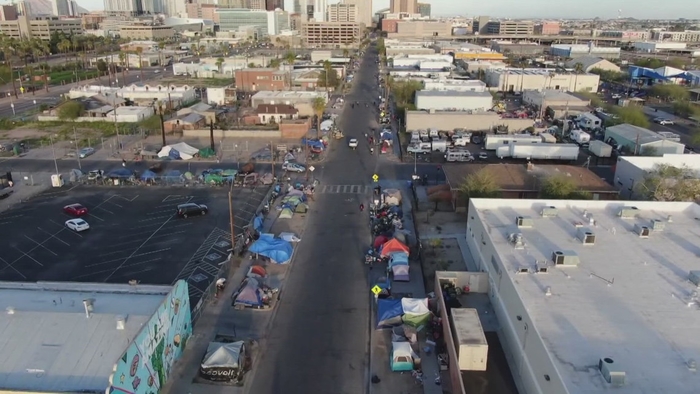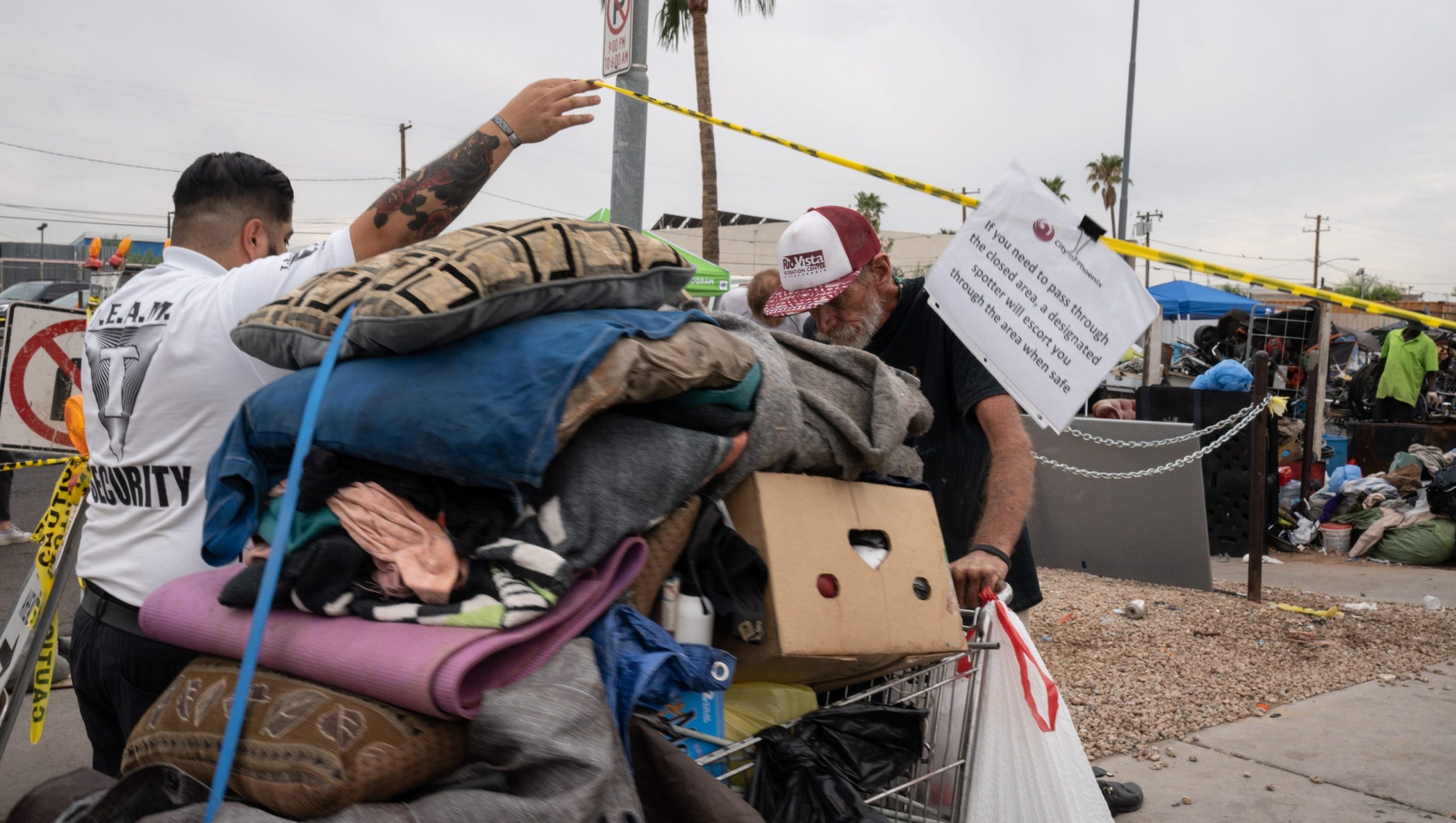The Supreme Court’s recent decision allows metro Phoenix cities to enforce stricter laws against outdoor camping.
Supreme Court Decision on Homelessness Laws in Metro Phoenix Sparks Debate
The Supreme Court’s recent decision allows cities in metro Phoenix to enact stricter laws targeting outdoor camping, potentially transforming homelessness policies in the region. This ruling overturns a 2019 9th Circuit Court of Appeals decision that deemed it unconstitutional to penalize individuals for sleeping outside when shelter space was unavailable, citing concerns of “cruel and unusual punishment.”
Metro Phoenix has seen a significant rise in unsheltered homelessness in recent years. Cities previously used the 2019 ruling to guide how they managed homeless encampments and conducted cleanups. The Supreme Court’s decision is a setback for advocacy groups like the ACLU and National Homelessness Law Center, which have supported protecting homeless individuals’ rights amid urban challenges.
Reactions to the ruling vary. The ACLU of Arizona criticized it arguing that penalizing homelessness without adequate shelter alternatives is excessive. Supporters including the conservative Goldwater Institute, see the ruling as necessary to maintain public order and address health and safety issues in homeless encampments, according to the report of Axios Phoenix.
READ ALSO: $64,000 Or Less? Get Free Help Of Tax In Montgomery County, Maryland!

(photo; AllSides)
Phoenix Navigates Impact of Supreme Court Ruling on Homelessness Amid Evolving Policy Landscape
The city of Phoenix is cautious in its response, affirming a commitment to prioritize supportive services over punitive measures for homelessness. Phoenix is evaluating how the ruling will affect current programs that balance public health and safety with homeless individuals’ rights.
Looking forward, the Supreme Court’s decision could have significant national implications, influencing legislative and policy debates. Arizona’s upcoming vote on Proposition 312, which proposes tax refunds for property owners affected by homelessness-related issues, underscores the complex intersection of law, homelessness, and public policy in metro Phoenix and beyond.

















































